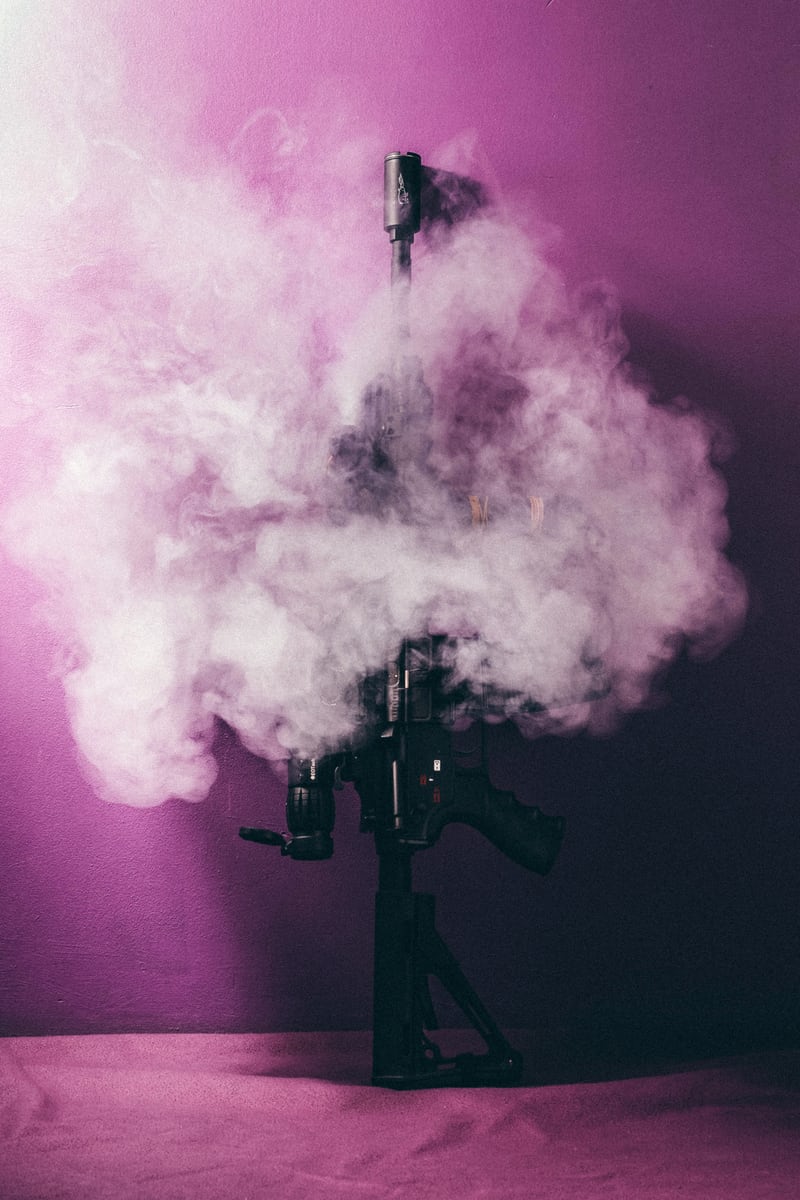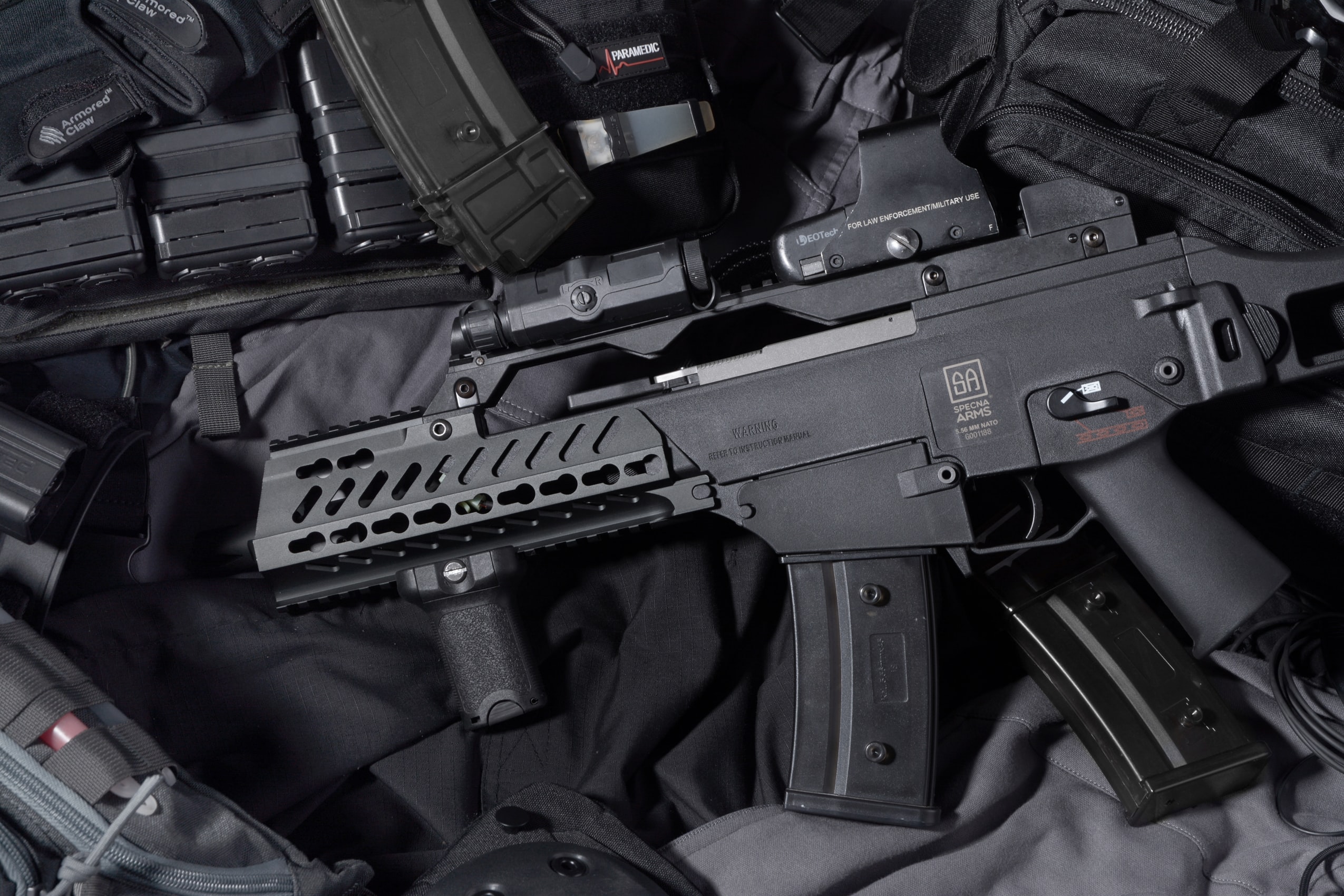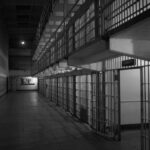Who is responsible when a shooting victim seeks compensation for their injury?
 Regardless of one’s personal beliefs about firearms, no one disputes the power and energy in a fired bullet. When a human is struck by a fired round, the consequences can be catastrophic. When someone injures another person by shooting them unlawfully, the criminal justice system can mete out appropriate punishment, but punishment alone does not make the victim whole. Moreover, where an individual is shot by accident, the criminal justice system many not engage judicial process at all.
Regardless of one’s personal beliefs about firearms, no one disputes the power and energy in a fired bullet. When a human is struck by a fired round, the consequences can be catastrophic. When someone injures another person by shooting them unlawfully, the criminal justice system can mete out appropriate punishment, but punishment alone does not make the victim whole. Moreover, where an individual is shot by accident, the criminal justice system many not engage judicial process at all.
Whether intentional or accidental, those suffering gunshot wounds may need to turn to a civil lawsuit in order to obtain compensation. However, questions remain about what legal theories are available and who can be held responsible?
If someone intentionally shoots another person, or if the shooter acts with reckless disregard for the safety of others when discharging a firearm, it can be a crime—except under certain circumstances, such as justified self-defense. A judge will typically order an individual convicted of unlawfully shooting pay restitution, together with the prescribed incarceration and fines. However, restitution may be limited to medical bills and other economic loss without taking pain and suffering into account. Under these circumstances, a civil lawsuit for the same shooting may be necessary to be fully compensated.
Gunshot victims more often bring suit in cases of accidental shooting. To prevail, the injured party must demonstrate that the firearm was discharged negligently. Negligence is typically defined as acting with less care than a reasonable person would demonstrate under similar circumstances. So long as the claimant can demonstrate a reasonable connection between a negligent discharge of a firearm and a subsequent injury, such a claim is usually successful.
However, collectability can sometimes become an issue. Even if the victim is awarded a large judgment, the shooter may not have any money to pay. If the shooter has homeowners’ insurance, he or she may be covered for negligent acts occurring outside the home, but there are often exclusions. For instance, intentional acts such as assault and murder will not be covered. Another common exclusion bars recovery by another members of the household—an accident involving two children living in the home may not be covered. Given the potentially devastating injuries from a gunshot wound, and the fact that the shooter may not have insurance coverage or sufficient assets to satisfy a judgment, what other options are available?
There may be third parties that can be held liable. Where a public forum has insufficient security or a shooter is given access to a firearm under negligent circumstances, those third parties may be held liable. One class of defendants, however, has been granted broad immunity for lawsuits: gun manufacturers.
Under the Protection of Lawful Commerce in Arms Act (“PLCAA”), manufacturers and dealers of firearms are protected from lawsuits, except in specific circumstances. One of those circumstances is being used by family members of victims of the Sandy Hook school shooting to sue Remington Arms Co., claiming it improperly marketed the Bushmaster AR-15 to young people. The Connecticut Supreme Court decided to allow the claim, which Remington appealed to the United States Supreme Court. The highest court in the nation declined to hear the appeal, however, allowing the case to continue in Connecticut state court.
Whether blame lays with a criminal assault, an accidental mishap, or even faulty manufacturing, securing legal representation will help navigate the complicated waters surrounding gunshot injuries. If you or a loved one has been injured by a firearm, the experienced attorneys at Neumann Law Group are prepared to help you obtain compensation for your injuries. Please contact us for a free consultation.




